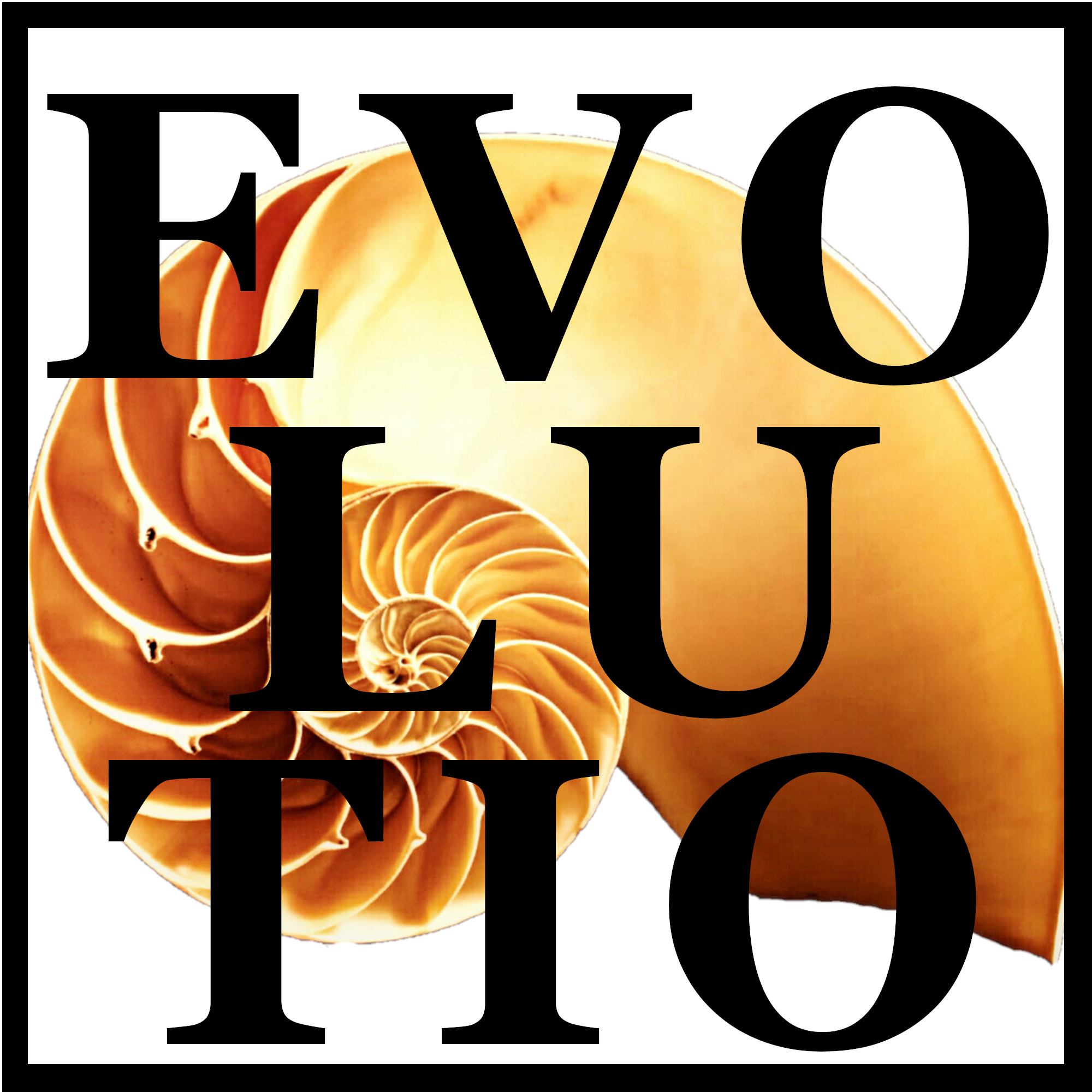
EVOLUTIO: A Research Center for Evolution and Development
EVOLUTIO PRESS
Power to the People: A Network Analysis of Dystopian and Eutopian Life Organizational Forms
The human race has been socially organizing itself for probably about 1.8 million years. The first form of human organization was the hunter-gatherer, which was the form of organization in which man lived for about 99 % of his history. This mode of life caused humans to organize themselves into small groups and lead a nomadic life. The nomadic life ensured that these groups had no possessions and no wealth could be accumulated. In this manner, this form of human organization ensured egalitarianism, a form of primitive communism. This changed dramatically with the development of agriculture in the so-called Neolithic Revolution in 10,000 BC. With the development of agriculture and the consequent development of technology, man became sedentary, the first towns were formed, and the class system made its appearance, that is, the separation between an administrative class and a productive class. The egalitarian and communist primitive society gave way to an increasingly centralized and hierarchical society. From network theory, they have been insisting for years on the benefits of the so-called scale-free networks, networks governed by certain privileged nodes called hubs. These networks are said to be slightly vulnerable and highly robust to errors. In this work, we perform a deep network analysis of a group of centralized-hierarchical networks and a group of decentralized-distributed networks. This work provides clear and compelling evidence that, contrary to what is maintained, decentralized-distributed networks are the least vulnerable and most robust networks, and are the networks that ensure an equitable and equal distribution of power and influence among their members. These results are analyzed in the context of network theory, and are discussed in relation to the theories of Jeremy Rifkin, Ernst Schumacher, Alexander Bogdanov and Aldous Huxley.
Eutopian Life: a Thinking Life-Science for a Rooted Dwelling on our Home-Earth
We live longing for a utopia. However, we live in increasingly dystopian times. Whenever we imagine possible futures, a continuity of human progress in the direction of greater scientific-technological development comes to mind. We are completely certain that the reason that brought us current modern science and technology will lead us to this utopia, to a promising future. There is an association as intimate as it is indubitable between future, progress, technoscience and utopia. Isn’t it time to question this undisputed certainty? Is it true that reason, progress, science, technology and utopia will lead us to a healthy future for man and nature? Isn’t it time to open our eyes and mind to see things differently? Isn’t it time to stop frantically producing in pursuit of progress and take a rest to think? There is a fundamental and radical difference between reason and thinking. This book proposes a journey through the worlds of science fiction, utopianism, socialism, communism, Marxism, psychoanalysis, existentialism, Zen Buddhism, art, medievalism, alchemy, science, technology and philosophy. This book proposes to abandon the utopian-dystopian reason to embrace the eutopian life, a new mode of existence in which man needs to regain his rootedness with Earth to be able to think again and live in harmony with himself and nature.
